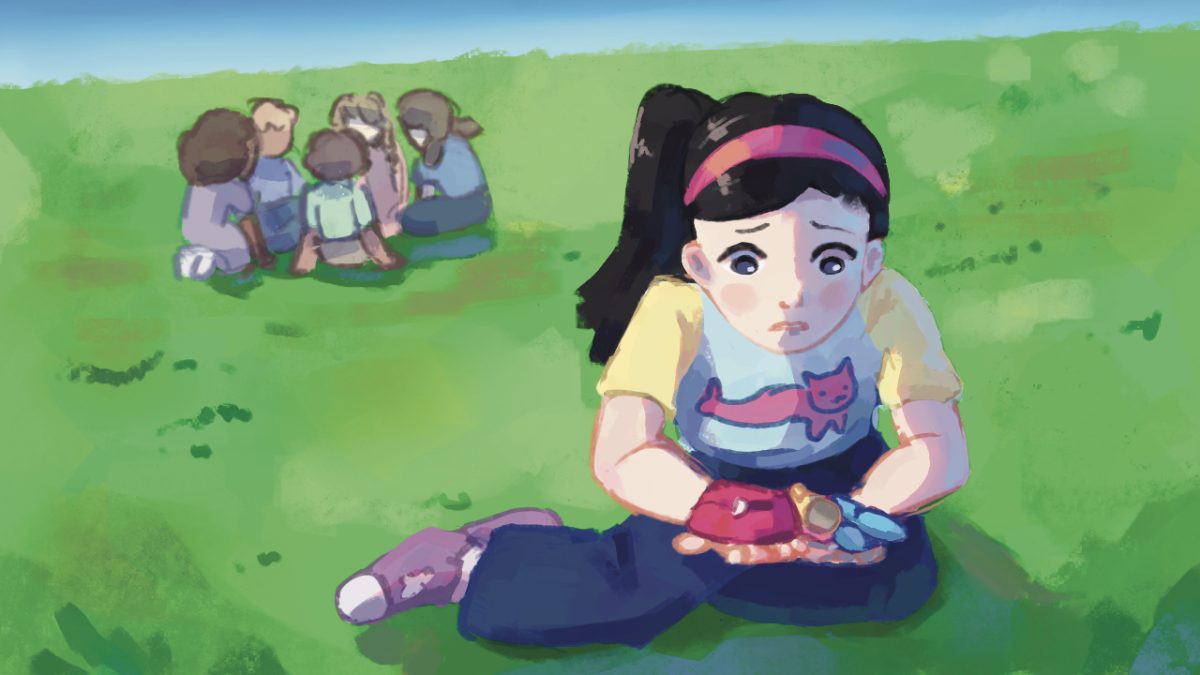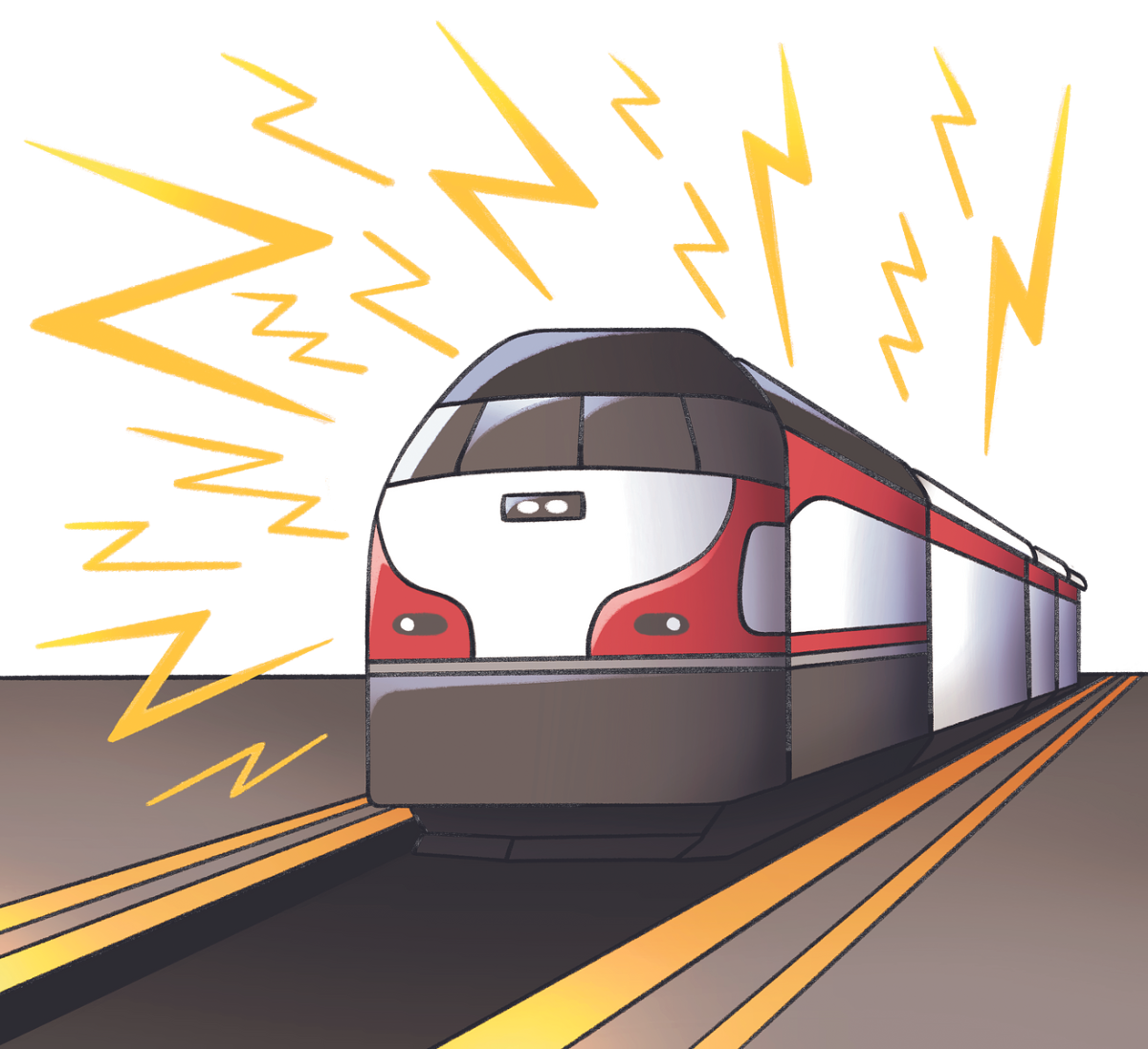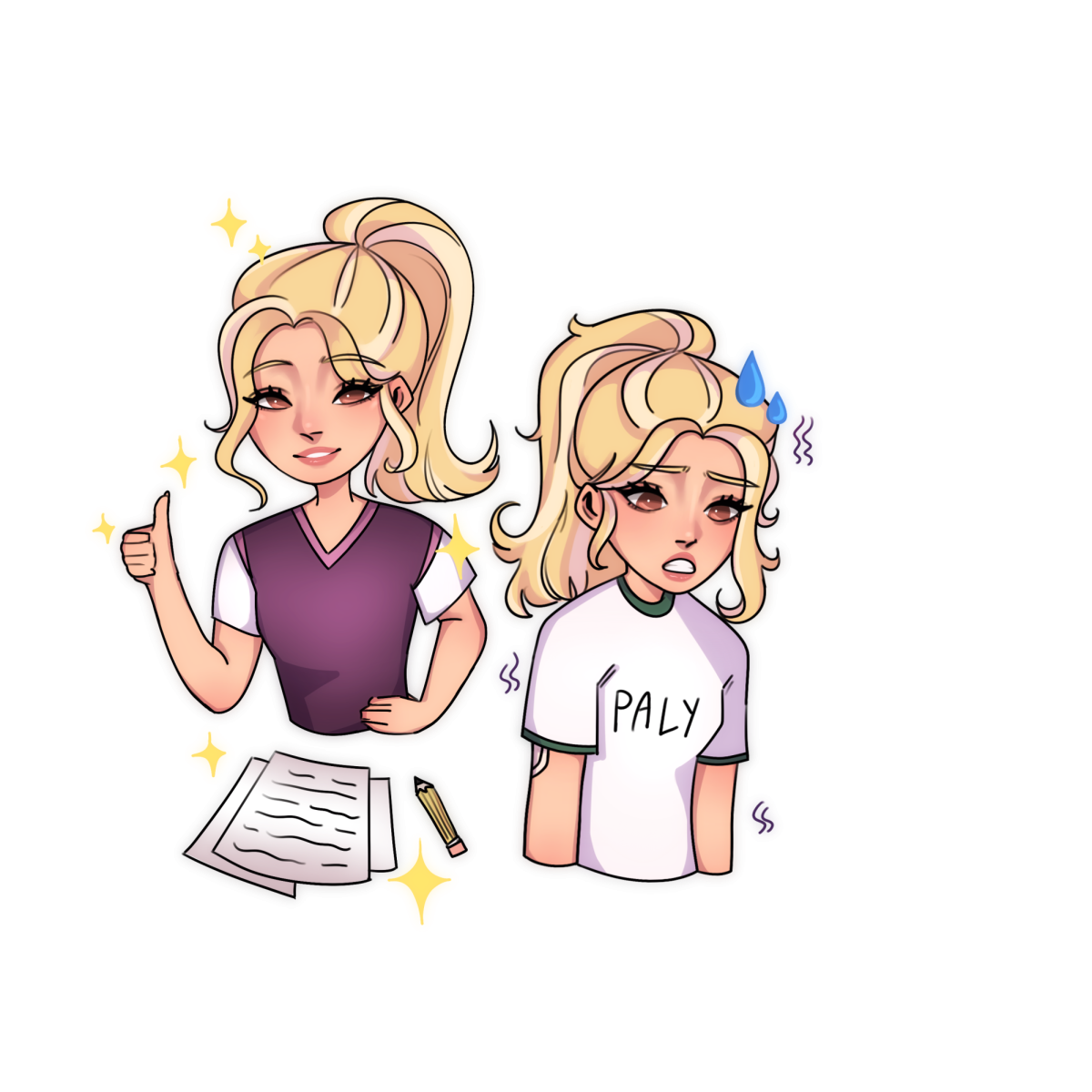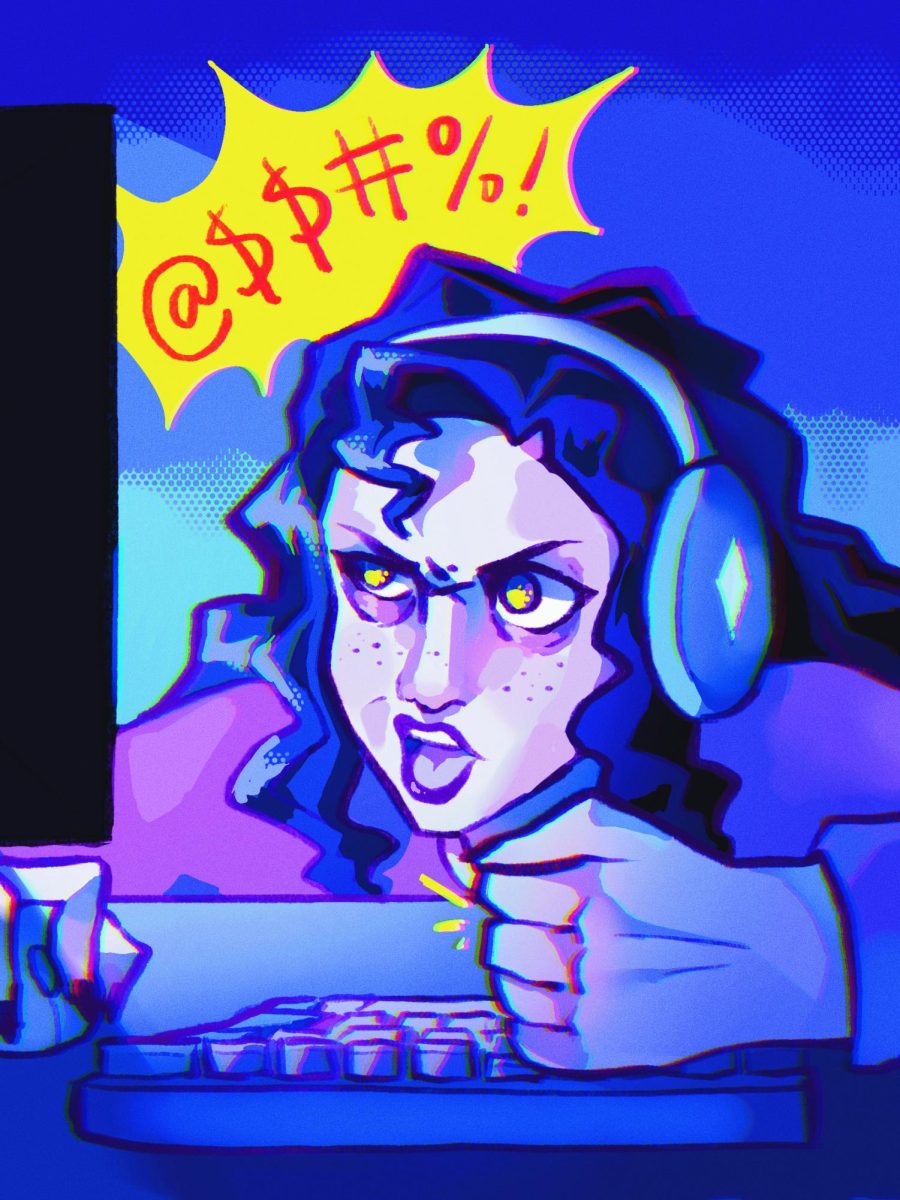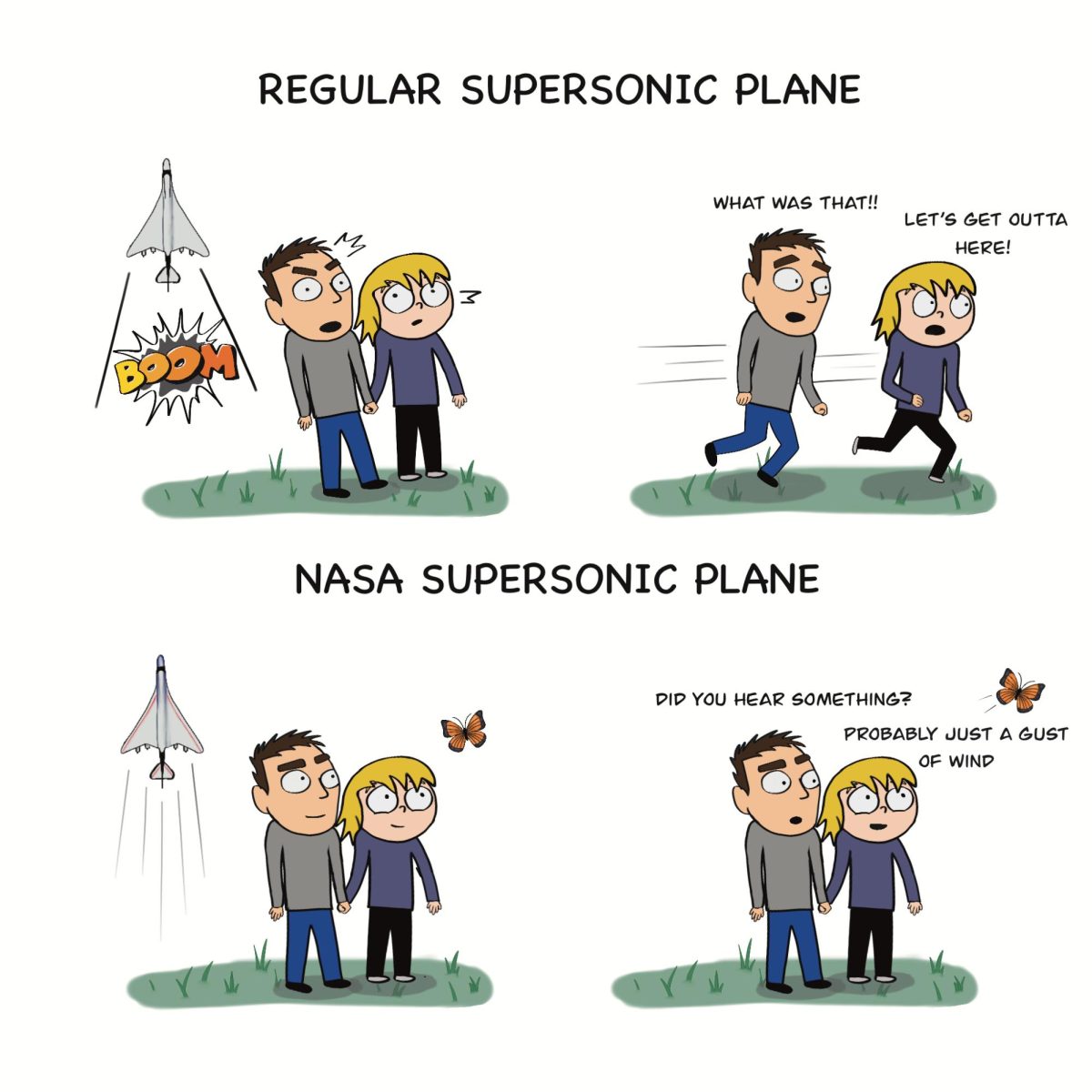Nearly every science fiction movie or book involving artificial intelligence (AI), from “Frankenstein” to “Ex Machina,” ends in disaster. However, according to people familiar with AI technology, this is not a likely outcome for AI, at least in the field of education.
As technology becomes increasingly sophisticated, as well as more integrated into the learning experience, AI stands out as possessing incredible potential to revolutionize the way we learn. AI, which is software intended to perform tasks that traditionally require human intelligence, is expected to grow 47.77% in the education sector between 2018 and 2022, according to the Artificial Intelligence Market in the US Education Sector 2018-2022 report by TechNavio.
In 2012, Daphne Koller, a Computer Science professor at Stanford, co-founded Coursera. Coursera is an online learning platform that offers virtual courses, specializations and degrees from outside organizations. Since then, Coursera has begun using AI to enhance the user experience.
“Artificial intelligence has the potential to personalize the learning experience to fit the needs of students.”
Daphne Koller
Coursera uses AI in its software to identify students at risk of falling behind in the courses in order to prevent enrolled students from dropping out.
“AI can help students by figuring out where students are making mistakes, how to help them when they’re not paying attention and what they still need to learn,” Koller said.
Junior Kate O’Connor, who is currently enrolled in computer science at Paly, is optimistic about these applications of AI.
“I think (AI) would be really helpful, because it would allow each student to learn at their own pace, whereas right now, in a class of 30 kids, that’s not really possible,” O’Connor said.
AI could help each student get individualized attention.
“(AI) would revolutionize the way school is taught and allow the teacher to give effective and high quality education to each student,” O’Connor said.
Another way AI can enhance education is by helping the teacher ensure that the content is complex and worth teaching, according to Paly Computer Science teacher Christopher Kuszmaul.
“It becomes a matter of beating the AI. If the AI forces us to make our classes and students more thoughtful, then there’s an opportunity.”
Christopher Kuszmaul
In an age where traditional mathematics is often being replaced by newer technologies that can quickly and easily solve problems, it is critical for students to learn skills beyond simple calculations, according to Kuszmaul.
“It is difficult and frightening to try and figure out what you can do usefully in the context of mathematics, logical thinking and problem solving,” Kuszmaul said.
AI can theoretically be used for grading papers, as well. However, Kuszmaul is skeptical of this type of technology, as it would most likely adopt teacher biases, making the grading process unfair.
“If the AI can give out grades on the first day of class, then it exposes the teacher, exposes the institution, exposes the students as not using grades in the way that they need to be used,” Kuszmaul said.
In addition to the impact on academics, another area that AI could potentially improve is helping to identify personal problems that students have such as depression, according to Kuszmaul.
“Having an AI that sort of automatically (identifies the indicators of depression) could help raise a flag, so give you an extra day or two of warning about a student being depressed or something like that,” Kuszmaul said.
Ultimately, it is nearly impossible to predict how the development of AI will affect the way that students are educated.
“Anyone who claims to know what’s going to happen is fooling themselves,” Kuszmaul said. “I think the key thing here is to be humble — I don’t know what AI is going to do with respect to anything. As soon as you soon as you make a guess, you are almost always proven wrong.”

